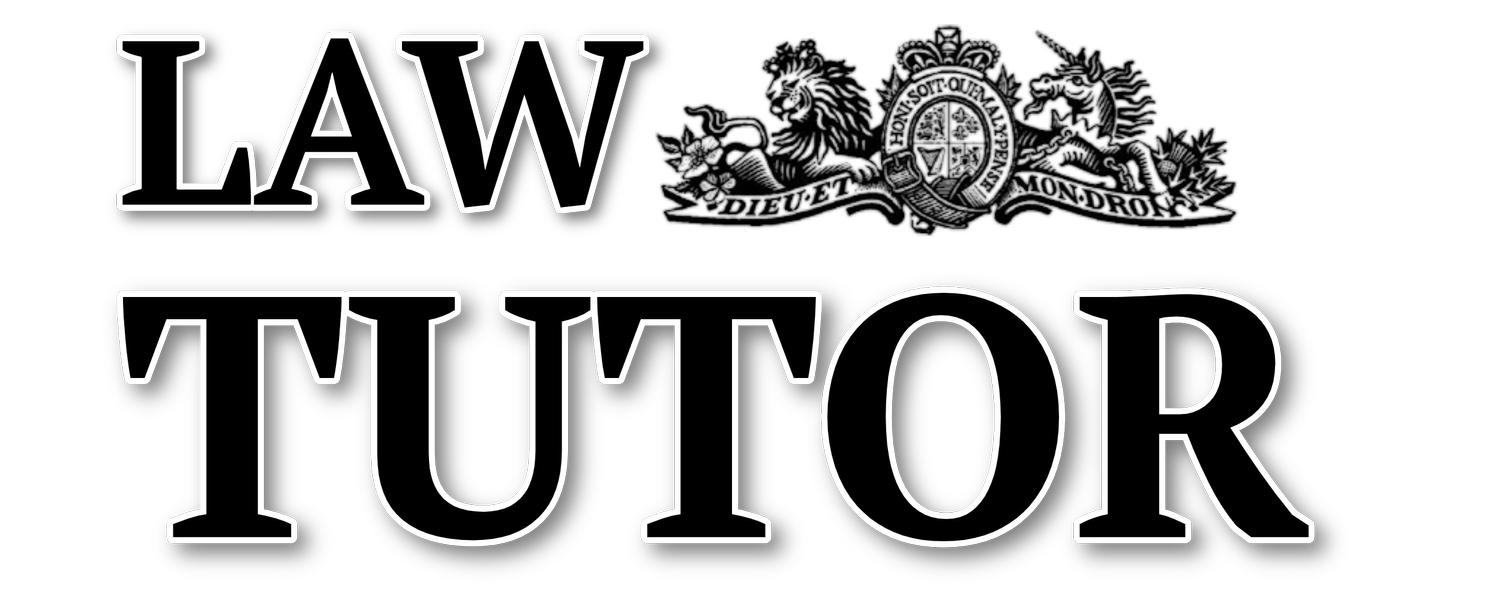Creditor
creditor meaning
A creditor is a person to whom money is owed by a debtor. A creditor is a successful claimant who has been awarded a judgement by a court stating that the defendant owes them money and that they are required to pay the specified amount is referred to as a judgement creditor. After then, the judgement creditor has the legal right to approach the court for help in collecting the debt, which may include the issuing of a writ of execution. In the event that the defendant ultimately decides to file for bankruptcy, the judgement creditor's claim will be given precedence over the rights of any unsecured creditors.
The Debtor
A debtor is a person or entity who owes money or owes a debt to another person or entity. Debts can arise from various types of transactions, such as borrowing money, purchasing goods or services without immediate payment, or failing to pay bills or taxes when due. Debtors may have different levels of financial stability, ranging from those who have short-term cash flow issues to those who are experiencing significant financial distress. Debtor-creditor relationships are frequently governed by contracts or legal agreements that dictate the terms of repayment, interest rates, and consequences for defaulting on the debt. Overall, a debtor is responsible for repaying their debts in accordance with the agreed-upon terms of their debt obligations. A debtor may avoid having to pay a judgement creditor by transferring property to a third party in order to avoid making the payment. When anything like this occurs, the law of the state may permit the judgement creditor to file a lawsuit against the third person who now has the property.
creditor’s powers
In the United Kingdom, creditor powers refer to the rights that a creditor holds to recover any outstanding debts from a debtor. Creditors have the power to take legal action against the debtor if the debt remains unpaid. This may include issuing a County Court Judgment (CCJ) against the debtor, which can severely damage their credit rating and make it difficult to borrow money in the future. In addition to this, creditors may also use enforcement methods such as bailiffs to seize assets in order to recoup the debt. It is important for debtors to be aware of their rights, as well as their obligations, when dealing with creditors to avoid facing any negative consequences.
Law Books
We at Law Tutor are leaders in private law tutoring and legal education for all law courses. Use Law Tutor's law books for the LLB degree, PGDL and other legal courses. Law Tutor is a former university law lecturer and barrister.


